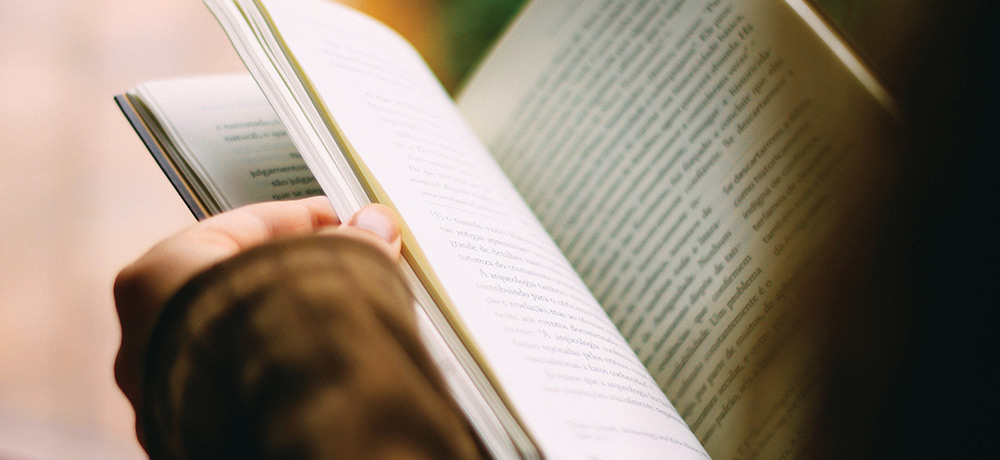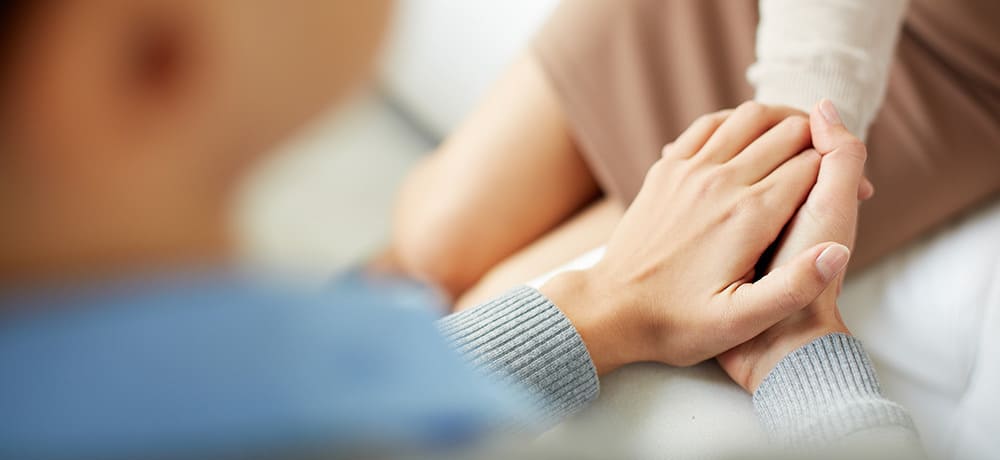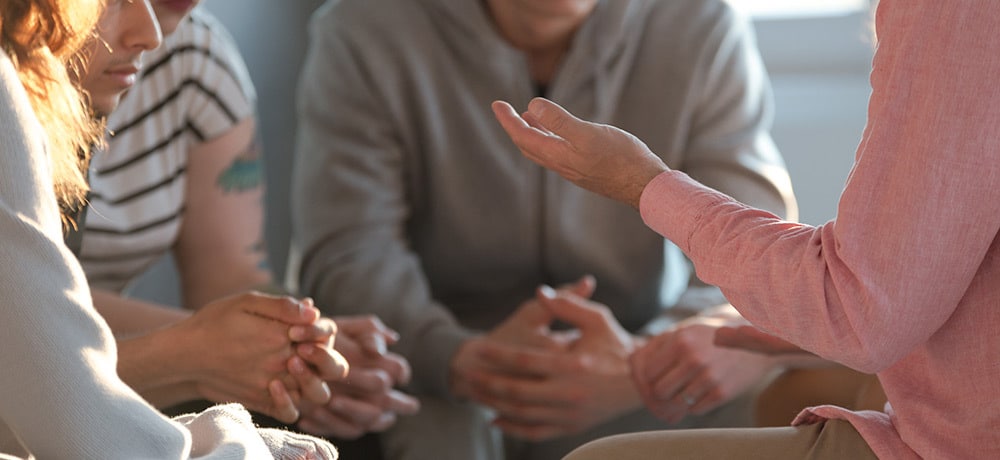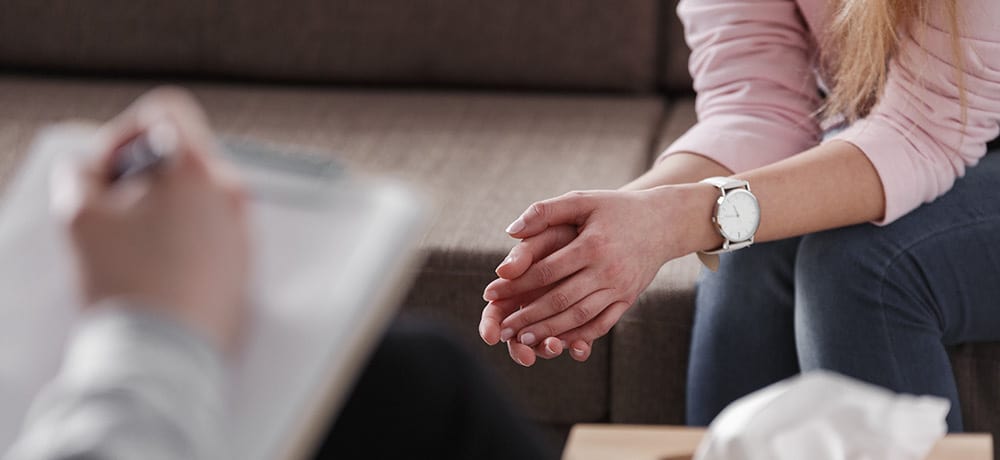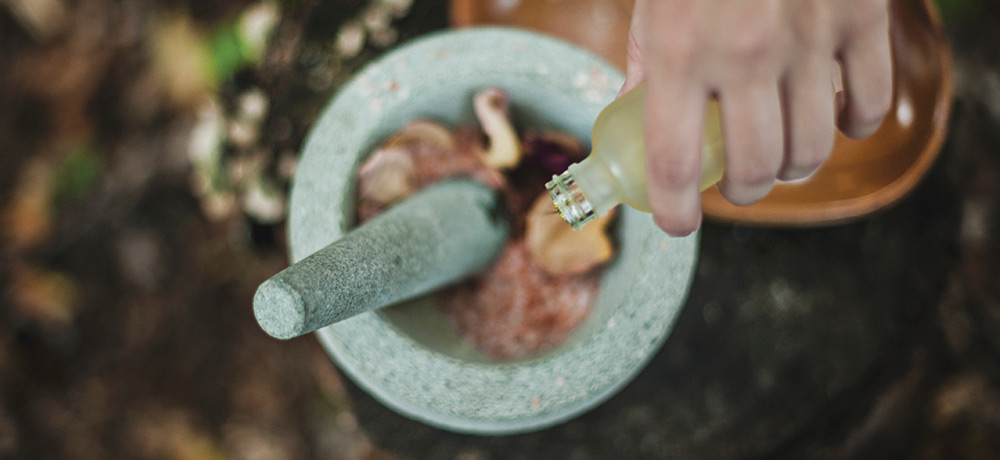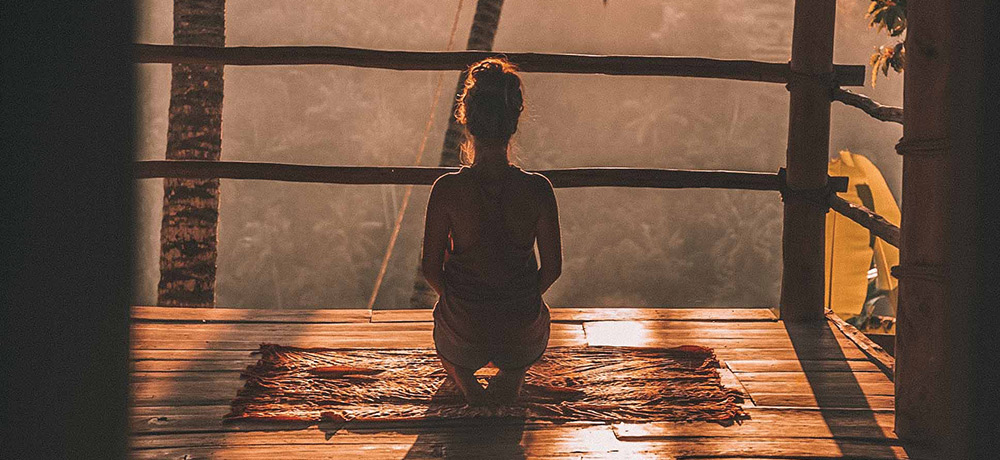
Things That Help
Someone once said after losing a loved one to suicide, “everything helps a little, but nothing helps a lot.” This may be true. We do know however, from research as well as subjective survivor reports, that some things seem to help a little more than others.
What can help?
Information
Following suicide, people respond in many different ways. There is no one “right or normal” way to respond, although there are many commonalities in the reactions of survivors. Survivor responses are influenced by their relationship to the deceased, the circumstances surrounding the death, their own genetic predispositions and life experiences, as well as other current stressors in their lives.
While some people may not be profoundly affected, others may experience traumatic, debilitating, and complicated grief. They may even begin to feel suicidal themselves. You can learn more in the Survivor Experience Emotions & Challenges section of our website. You can also find helpful books in our bookstore.
Communicating
Talking with those you trust – your friends, family, doctors, mental health professionals, and faith leaders – can be very helpful. As you move forward, you may find that some people understand what you are going through better than others. Don’t hesitate to set healthy boundaries in order to take care of yourself. You don’t need to share details with everyone who asks about what happened. If you feel uncomfortable sharing, you might say:
“It’s just too painful for me to discuss this right now.” or “I’d love to spend time with you discussing other things – that would be really helpful to me right now.”
Another powerful method of approaching conversations about your loss is to have an already prepared short statement about what happened to your loved one. You can read more about creating a narrative and staying in control of the conversation here.
Community
Seeking out groups and communities that provide hope and feel supportive can be extremely helpful. You might try an in-person support group in a location near you. The Alliance of Hope community forum functions like an online support group which you can access 24/7, in the comfort of your own home. (It cannot provide crisis intervention.) There is an enormous amount of wisdom, strength, and love in our forum community. You do not have to walk this path alone.
Individual Grief Counseling
Survivors commonly experience symptoms of post-traumatic stress disorder (PTSD), intense emotions, conflicted feelings about the death, guilt, blame, social stigma, financial issues, and other unexpected challenges in relationships.
Having someone to talk with who is trained in traumatic loss can be very helpful. Look for a grief / trauma counselor who has experience with people bereaved by suicide. Don’t be afraid to ask about their training and experience. You can also access personalized support though the Alliance of Hope. We provide counseling and distance consultations designed to strengthen the foundation for healing.
Herbs and Medication
Loss by suicide is a traumatic shock, particularly if one witnesses the death, discovered the body, or saw and heard things they wish they hadn’t. Sometimes, these reactions are so debilitating that survivors cannot function.
The decision to use herbs or medication is a personal one. There is no one “right way.” You alone will know what feels right.
If you are considering medication, we recommend seeking the help of a psychiatrist (rather than a general practitioner) and informing yourself about possible side effects. Self-medicating with drugs or alcohol can be dangerous, and greatly increase depression. It can be common after a traumatic loss to want to “check out,” isolate, or medicate the pain, which is why taking even ‘one small step’ to be kind to yourself, or seeking compassionate support, offers a healthy path to renewed hope and healing.
Exercise, Yoga, Meditation, Massage and Being in Nature
Research shows that when we exercise, our bodies release more endorphins and we increase oxygen throughout the body. Endorphins interact with the receptors in the brain to reduce perception of pain and can make us feel less tired and depressed.
Some people may use exercise to process grief, but physical activity need not be strenuous. In fact, it can be meditative or a calming experience. For example: walking, swimming, or a bicycle ride can all be at a slow, comfortable pace versus pushing oneself hard. Whether slow or fast-paced, physical movement makes us feel better.
Yoga, meditation, and spending time in nature also have positive effects on the brain, body, and mood. If you’re not up for going to a class, you can find programs online.

